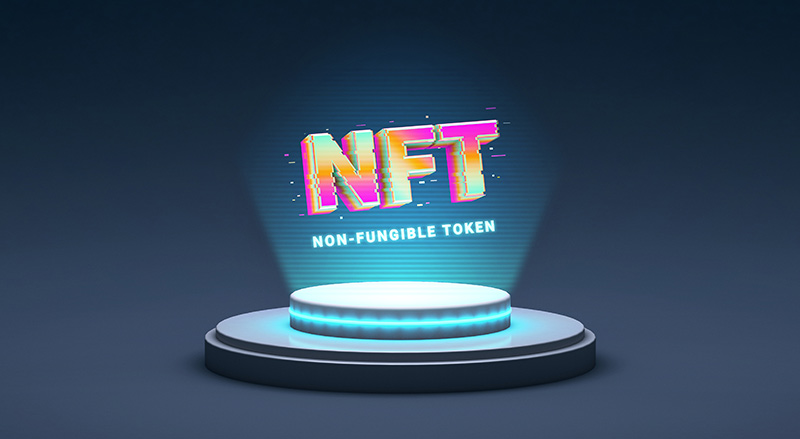NFTs, or non-fungible tokens, have primarily been associated with digital art and collectables. However, regulators and governments around the world are increasingly looking at how NFTs and blockchain technology can apply to their processes. This includes using NFTs to assist with record-keeping to provide transparency, immutability, and authenticity to various types of digital records.
An NFT is a unique, verifiable digital asset representing a wide range of use cases, from art and collectables to real estate and in-game items. Each NFT has a distinct identifier, making it distinguishable from other tokens.
These can be created on the BSV blockchain with low fees and high flexibility, enabling affordable access to a multitude of potential applications. BSV NFTs leverage the inherent strengths of the BSV blockchain, including its security, scalability, and efficiency.
Working with the law and changing perceptions
Implementing NFTs for government record-keeping requires careful consideration of privacy, security, scalability, and the legal framework surrounding digital records. Additionally, it requires the development of appropriate infrastructure and standards to ensure interoperability and compatibility among different government agencies and systems.
Another major consideration is changing perceptions around NFTs and how they can be used, says Bryan Daugherty (Public Policy Director at the BSV Blockchain Association).
“Whenever people hear the word NFT, they typically think of a bored ape. So there is still a great deal of education which needs to be provided to policymakers and governments about NFTs and blockchain in general. Because a lot of the policymakers are receiving their education from the media.
“I see NFTs for their valuable data aspect. This includes document verification systems and being able to store hashes of documents on-chain,” he said.
Clear use cases
Below are some of the other ways NFTs can be used for government record-keeping:
Land and Property Records via NFTs
Governments can create NFTs to represent titles or deeds for land and property. Each NFT can contain relevant information such as property boundaries, ownership details, transaction history, and legal descriptions. By using blockchain technology, the government can ensure the authenticity and traceability of these records, reducing the chances of fraud or disputes.
NFTs to protect Intellectual Property
NFTs can be utilised to establish ownership and provenance for intellectual property assets, including patents, trademarks, and copyrights. By minting an NFT representing a specific intellectual property, the government can create a verifiable digital certificate of ownership that can be easily tracked and transferred securely.
Certificates and Licences minted on blockchain
Governments issue various types of certificates and licences such as birth certificates, marriage licences, driver’s licences and professional certifications. These records can be stored as NFTs, making them tamper-proof, verifiable, and accessible to authorised parties. NFTs can streamline the process of issuing, verifying, and renewing such documents, reducing administrative burdens.
Government Auctions and Asset Sales via NFT
When governments sell assets through auctions or other means, NFTs can be used to represent the ownership of these assets. By using NFTs, the government can establish a transparent and auditable record of ownership transfer and transaction history, ensuring integrity and preventing fraud.
NFT Voting Systems
NFTs can be employed for secure and transparent voting systems. Each voter can be issued a unique NFT that represents their voting rights. This NFT can be used to cast a vote and ensure the vote is recorded accurately and securely. The decentralised nature of blockchain technology can enhance the integrity and trustworthiness of the voting process.
Public Financial Records
Governments can utilise NFTs to store and manage public financial records, such as budgets, expenditure reports, and audits. By recording these records as NFTs on a blockchain, the government can create an immutable and transparent trail of financial transactions, enhancing accountability and reducing the potential for corruption.
